Tourists blocking train with luggage sparks online outrage in Japan
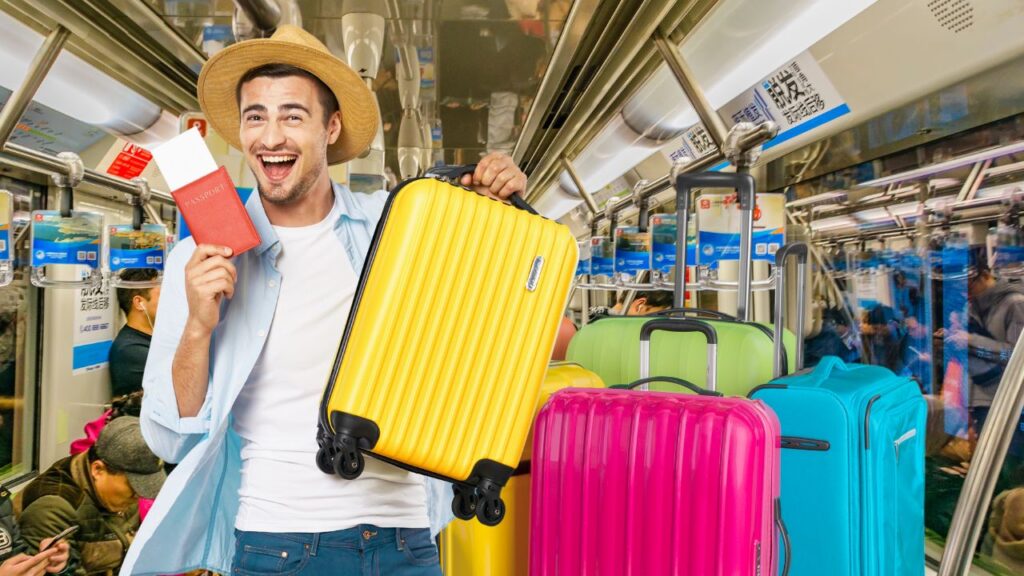
The manners, or lack thereof, of tourists has once again come to the forefront of Japanese social media, with train etiquette this time the source of native’s frustration with foreigners.
A recent incident on a JR Keiyo Line train ignited discussions on social media regarding the etiquette of foreign tourists on public transportation in Japan, amidst a record surge in inbound travel.
The JR Keiyo line runs from Tokyo Station to Soga Station in Chiba Prefecture. It runs along the northern coast of Tokyo Bay and is one of the main ways of reaching the Tokyo Disney theme parks via public transport.
A Japanese commuter, using the X (formerly Twitter) social media platform, recounted a frustrating experience involving a group of Western tourists whose behavior allegedly obstructed fellow passengers.
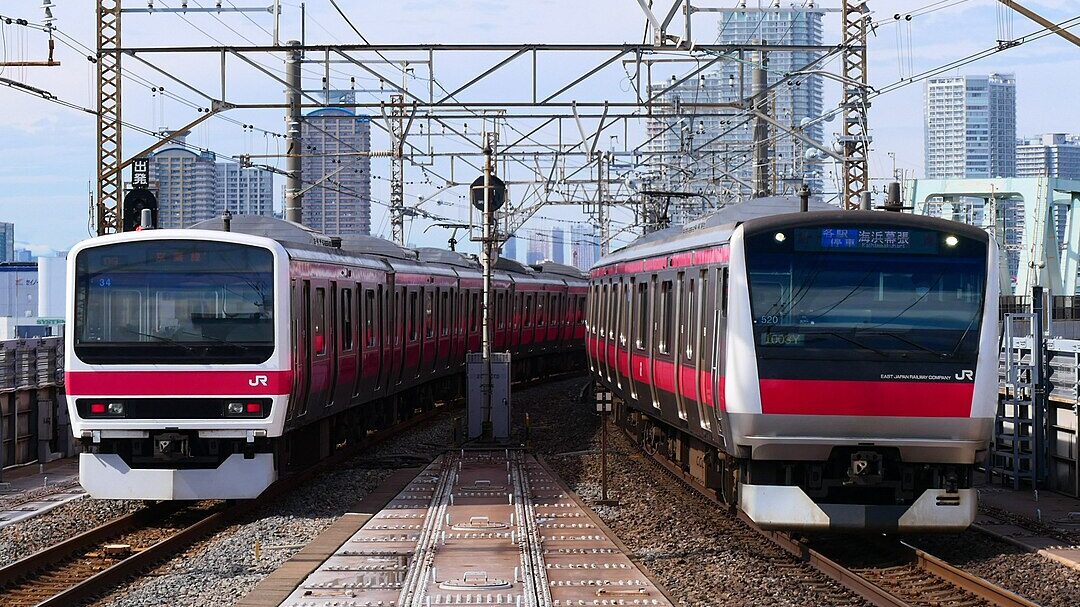
According to the eyewitness account, the incident unfolded on a Keiyo Line train where a group of approximately four Western tourists were traveling together, reportedly speaking loudly.
The core of the complaint, however, centered on their handling of luggage.
The commuter described a scene where three large suitcases were placed in the aisle between the long seats, effectively blocking passage.
One woman in the group was observed resting her feet on one of the suitcases, with her legs extending into the adjacent seat, further impeding movement.
The commuter’s X post expressed their frustration stating: “Seriously, think about your manners on the train. You’re obstructing people. I think it’s better to get rid of all the bad-mannered foreigners”.
This sentiment, while containing strong language, reflects a growing concern among some residents about perceived declines in public etiquette due to the increasing influx of tourists.
The post quickly gained traction on social media, eliciting a range of response.
Many commenters echoed the commuter’s annoyance, criticizing the perceived violation of train etiquette with remarks such as, “This is really annoying. It’s bothering the people around you”.

The eyewitness elaborated on the inconvenience this caused in an interview with Japanese media, explaining the direct impact on his own movement: “When we were stopped and I wanted to go outside the train, I tried to go out the door, but there was a suitcase and it looked difficult to get through, so I couldn’t”.
He also noted the reaction of other passengers, stating that while no one directly confronted the tourists, there were a lot of people who looked at them with disdain.
The incident comes at a time when Japan is experiencing an unprecedented boom in inbound tourism.

Statistics from the Japan National Tourism Organization (JNTO) reveal that the number of foreign visitors to Japan reached a record high of 36,869,900 in 2024.
This trend has continued into the current year, with February 2025 marking the first time in February that the number of foreign arrivals exceeded 3 million, reaching 3,258,100.
While this surge in tourism is providing a significant boost to the travel and tourism industries, it has also brought to the forefront issues related to tourist behavior and the capacity of infrastructure to handle such large numbers.
Concerns have been raised previously about foreign tourists causing problems related to luggage on trains and violating manners in restaurants, shrines, temples and other public spaces.
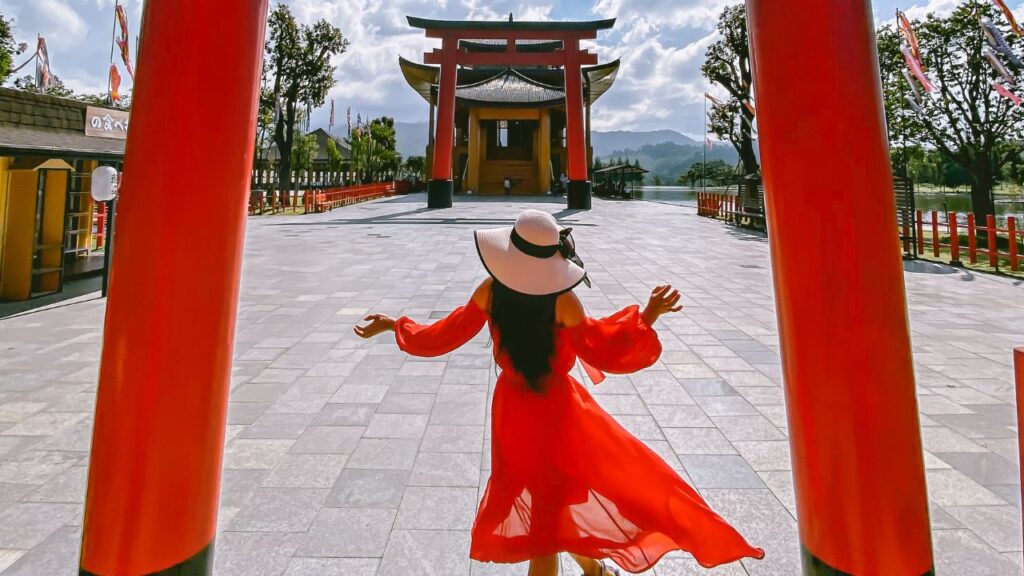
Sixteen Japanese railway companies recently started a campaign to remind travelers to be respectful and reduce incidents of “customer harassment”.
While incidents such as luggage blocking train doors may seem relatively minor, a 70 year old American was recently arrested following allegations of indecent assault on a train by a schoolgirl.
These acts feed into a narrative of tourists behaving poorly in Japan and raises concerns and fears with the wider public.
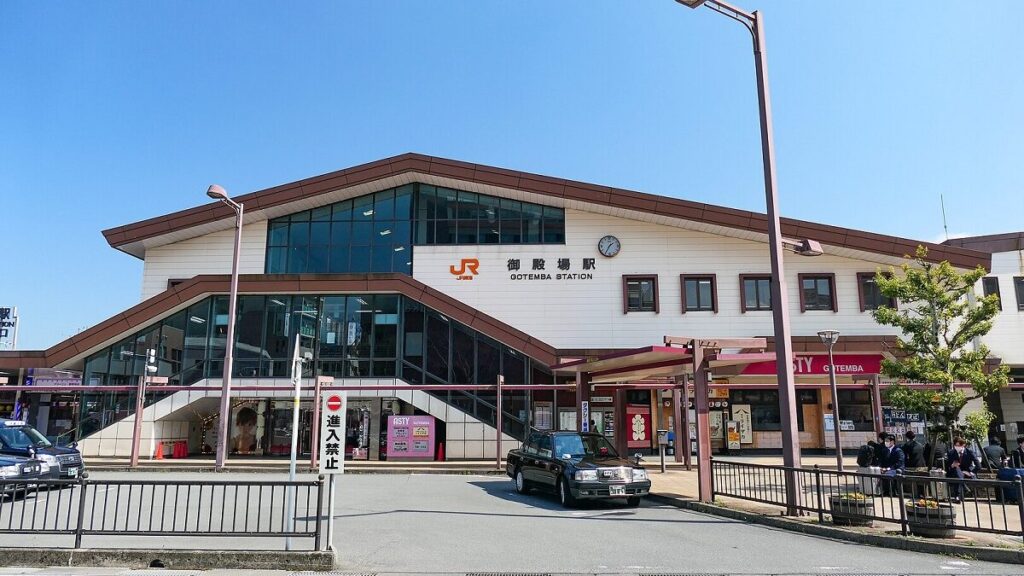
Concerns about the poor behavior of tourists are not just limited to how they act on Japanese trains.
Some Japanese shrines, including one in Tsushima, have closed their doors to tourists following instances of disrespectful behavior.
These growing concerns have led to calls for more effective measures to address over-tourism and the need for thorough public education regarding Japanese etiquette and rules.
Most attempts to combat over-tourism have been focused on implementing tourist taxes in areas such Atami or increasing existing tourist taxes in other areas like Kyoto.
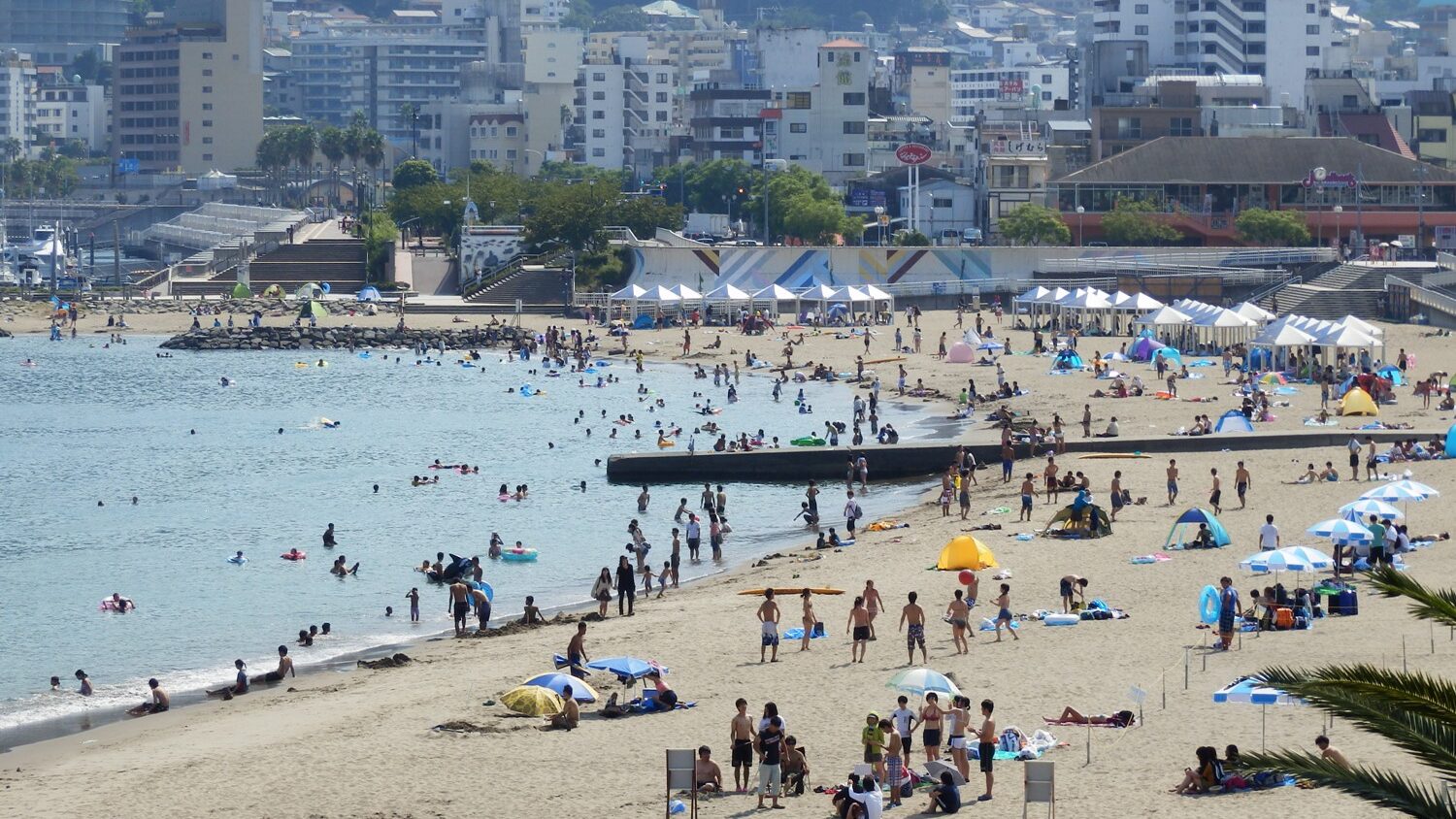
There is also a strong emphasis on ensuring that such discussions and measures do not devolve into discrimination or prejudice against foreign visitors.
In their interview with Japanese media, the X user who witnessed the incident on the Keiyo Line offered a suggestion for improving the situation, stating: “When coming to Japan, if you research the culture beforehand, please think of Japan as a country where polite manners are expected. Foreigners should take care to be respectful. I think Japan should also put up papers with Japanese manners, written in characters other than Japanese, in various places so that foreigners can follow the rules”.
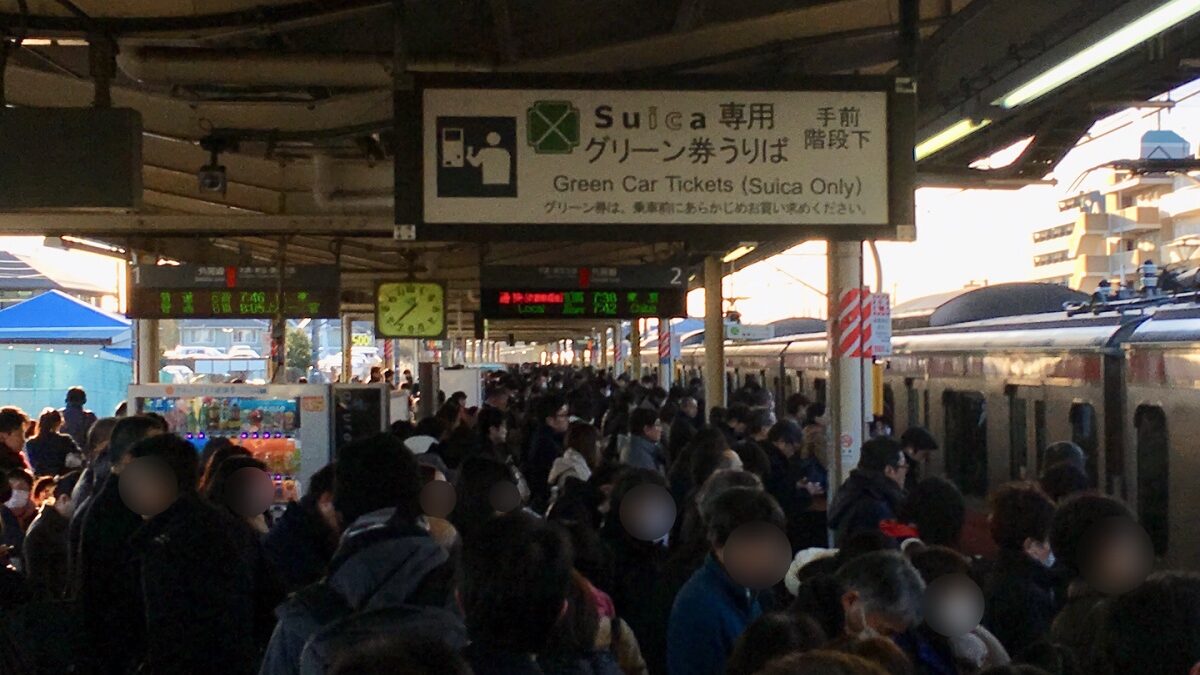
The incident on the JR Keiyo Line serves as an example of the challenges and opportunities presented by the rapid growth of inbound tourism in Japan.
While the economic benefits of tourism are significant, ensuring a positive experience for both visitors and residents seems to require an increased level of attention and education around issues of etiquette and public behavior in Japan.
Source: Encount

This post may contain affiliate links, and Essential Japan may earn a commission if you purchase through them.






